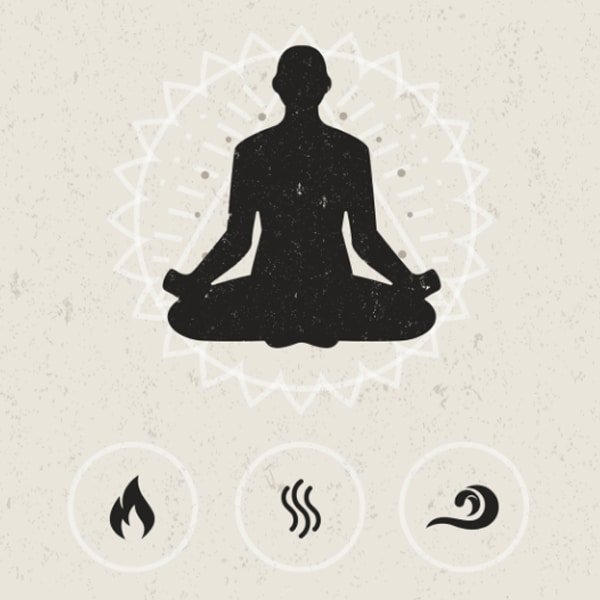Strategies to Cope with PCOD’s Impact on Mental Health
Polycystic Ovarian Disease (PCOD) affects millions of women worldwide, with prevalence rates ranging from 5% to 10% in Western countries. In India, PC

Ayurvedic Dosha Analyser to know VATA, KAPHA, PITTA in your body
Polycystic Ovarian Disease (PCOD) affects millions of women worldwide, with prevalence rates ranging from 5% to 10% in Western countries. In India, PC
